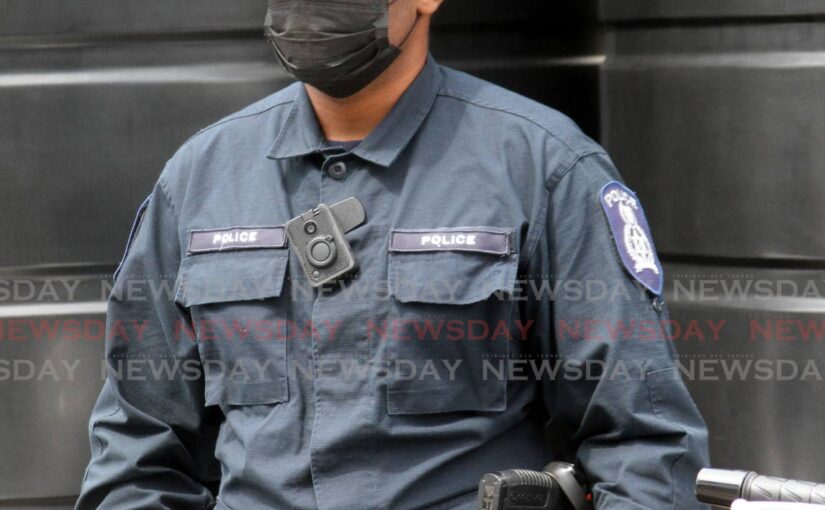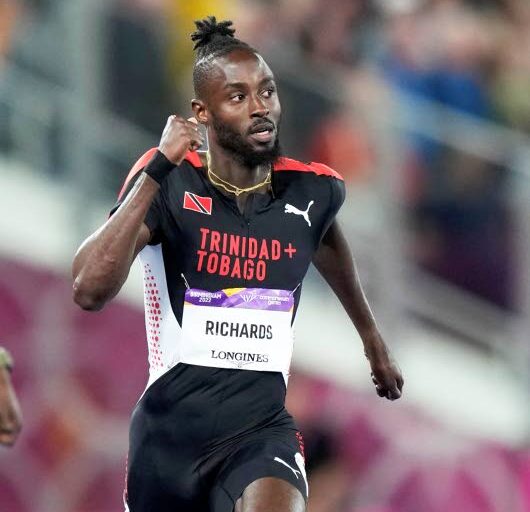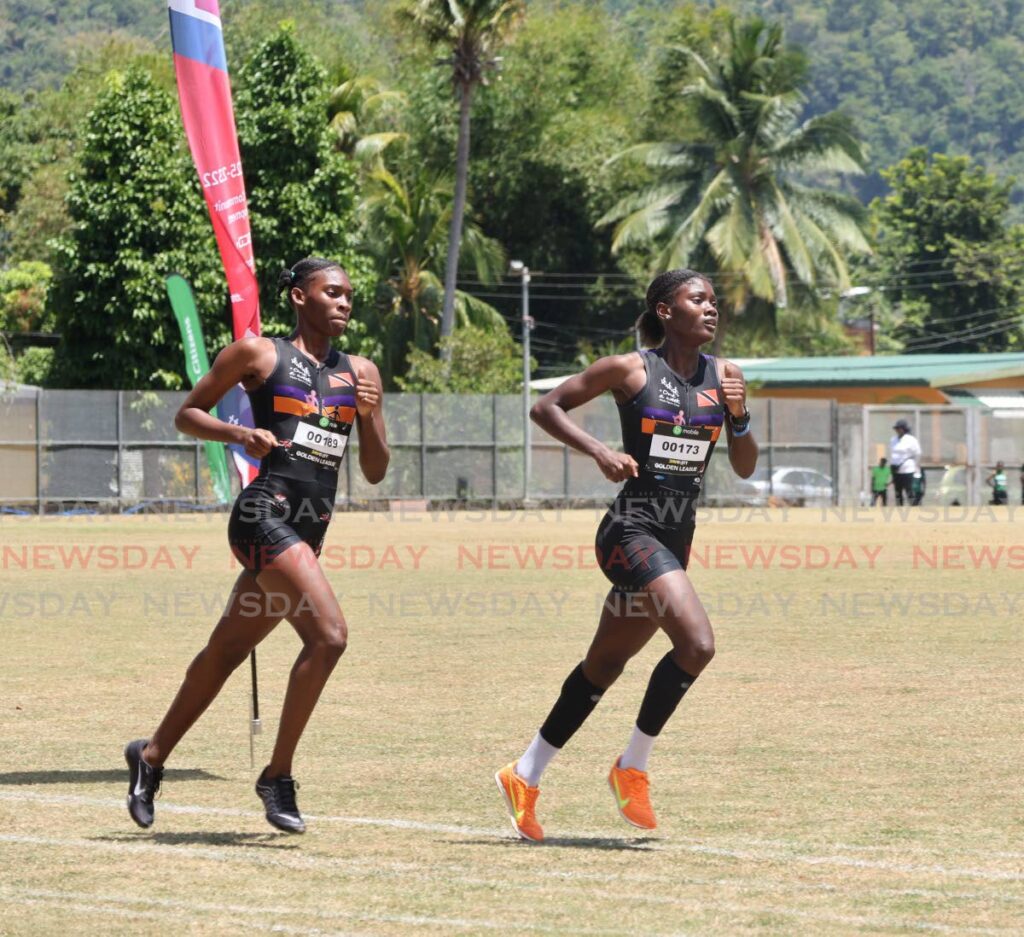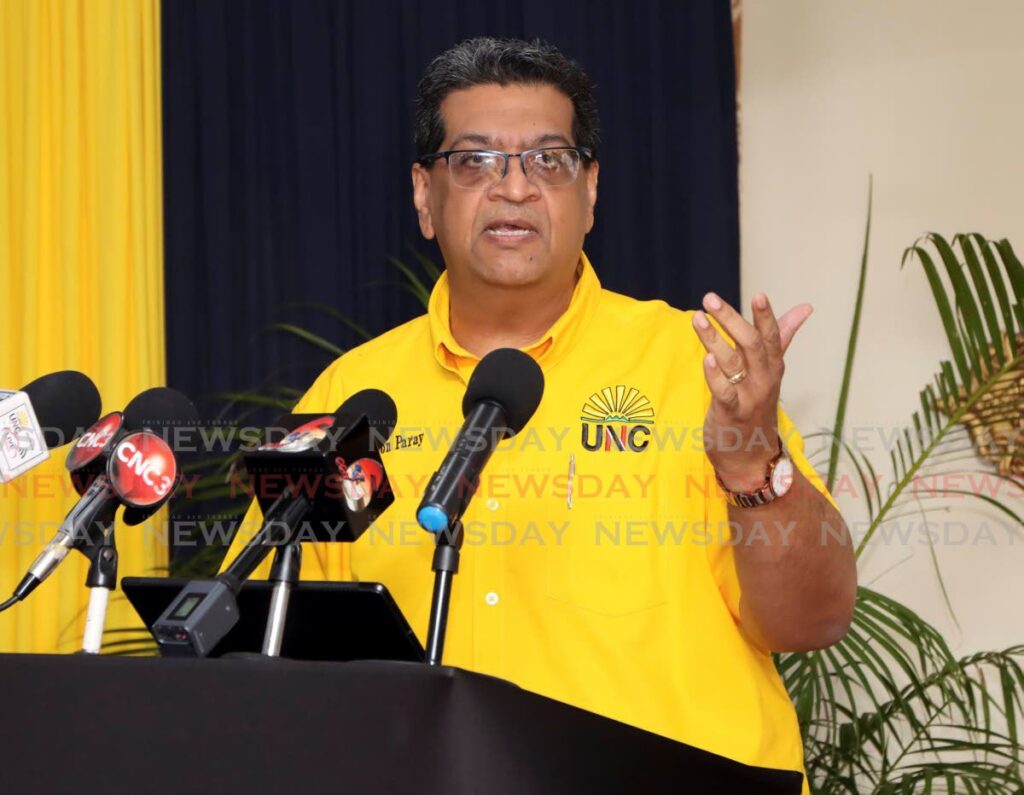Body cameras can improve police accountability
Written by Newsday on January 30, 2025

THE EDITOR: I read with concern an article in a newspaper paper entitled: DCP assures issue of more body cams for TTPS is being addressed (Trinidad Guardian, January 28) and feel compelled to address the troubling implications surrounding the use of body cameras by police officers.
While Deputy Commissioner of Police Junior Benjamin assured the public that the 940 serviceable body cameras currently in the police inventory are being utilised, his statement that “officers are wearing the body cams, so let’s not act like they’re not” seems more like a plea than a definitive assurance.
This gives the impression that officers’ use of body cameras is not being enforced as a strict mandate but rather encouraged, raising the question: Why isn’t the use of body cameras a compulsory aspect of policing in TT? He also seems to be playing with semantics with “wearing” the cameras and actual use, “switching them on to provide viable footage.”
This issue is of particular concern given the current state of emergency (SoE), when certain rights of citizens have been suspended, and police actions carry even greater implications for public trust and accountability.
The situation is further exacerbated by reports of about five police killings over the past week. In such a heightened climate, the use of body cameras should be mandatory and strictly enforced, ensuring transparency in every police interaction with the public.
Body cameras serve as a critical tool for transparency and accountability, yet the article highlights that in the eight years since their introduction, the Police Complaints Authority (PCA) has never received footage from these devices.
This is highly concerning. If these cameras are indeed operational, why has no footage been made available to the PCA? The lack of such footage raises doubts about the commitment to utilising this technology effectively.
Moreover, the protracted delays in the shipment of additional cameras and the troubling storage-fee issues suggest administrative inefficiencies.
It is also perplexing that the DCP felt the need to reassure the public that officers would wear the cameras “once we have enough.”
Such statements further undermine public confidence in the police’s commitment to transparency.
The DCP’s suggestion that officers “do not need the cameras to show they have integrity” also misses the point. Integrity in policing is important, but public trust hinges on transparency and accountability. Body cameras are not about questioning officers’ integrity, but about ensuring accountability, protecting both the public and the officers themselves.
Given the current climate and recent incidents, it is time for the police to go beyond encouragement and make the use of body cameras a mandatory and enforceable policy. A clear directive must be issued requiring all officers equipped with body cameras to wear and activate them during interactions with the public, with penalties for non-compliance.
Without such measures, the public will continue to question whether the police are genuinely committed to transparency and accountability.
Retired Lt Cdr Norman Dindial
Via e-mail
The post Body cameras can improve police accountability appeared first on Trinidad and Tobago Newsday.




